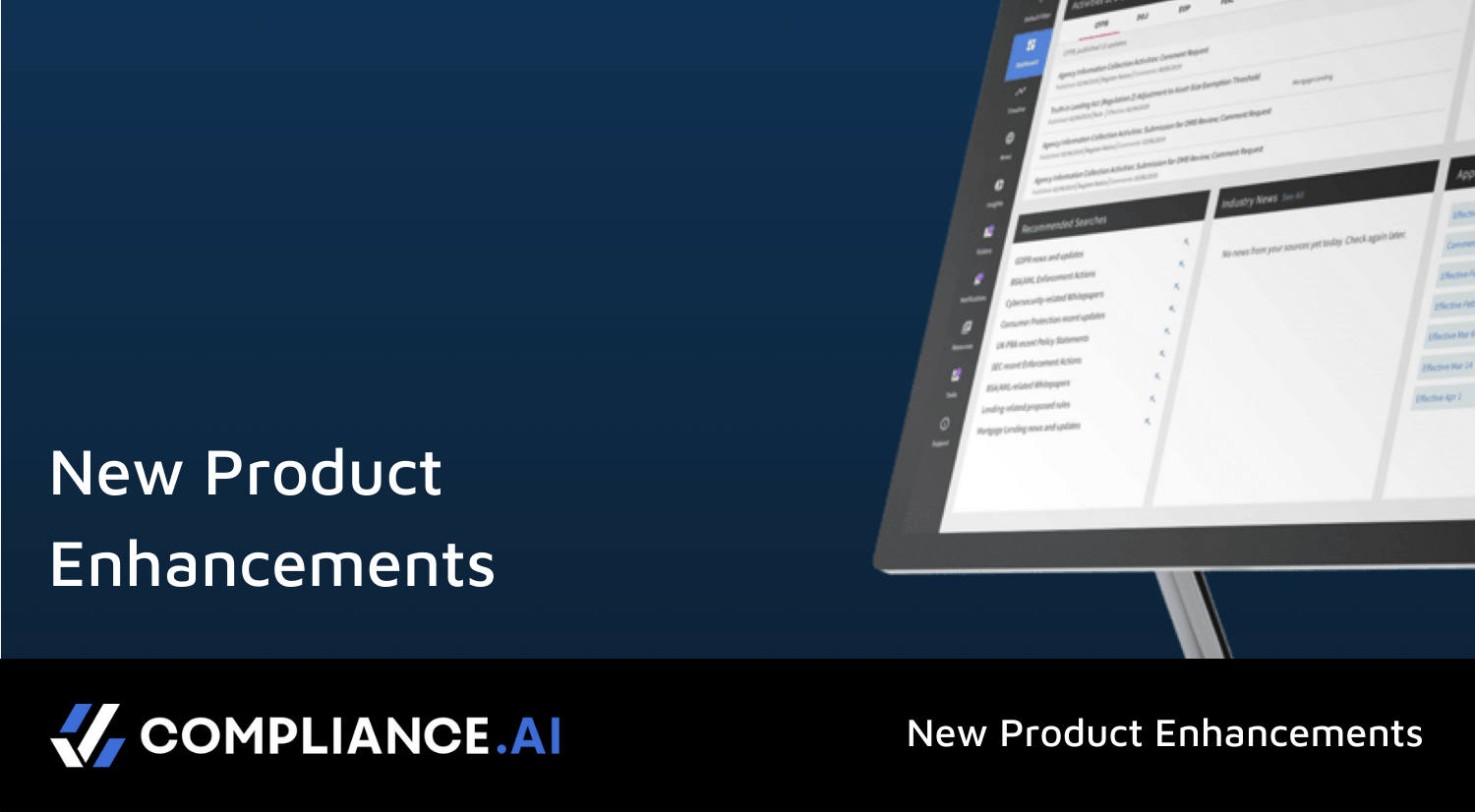From credit unions to investment banks to global custodians, the whole spectrum of financial services organizations is facing significant regulatory change, which requires significant resources to manage.
That’s why banks of all sizes and services should look into RegTech, a part of FinTech that is dramatically simplifying compliance management, so that banks can focus on what they do best.
A Time for Change

While compliance is a necessary component of running a bank, making sure everything is in order operationally should not come at the expense of spending time on activities that pertain to a bank’s core services.
However, over one-third of financial services firms spend at least one whole day per week just keeping track of regulatory change, according to a Thomson Reuters survey.
And for banks specifically, regulation consumes the largest share of their project portfolios, finds Boston Consulting Group.
Rather than sinking so much time into regulatory requirements, RegTech gives banks more freedom to allocate resources as they see fit. And while compliance software scales easily to save significant time for large, heavily regulated banks, the benefits for smaller banks should not be overlooked either.
Given the limited resources of community banks compared to national or international banks, these smaller firms can not afford to lose their differentiators, like personalized customer experience. So even if RegTech only frees up a few hours per week, that time is extremely valuable.
Time Is Money

In addition to saving time, RegTech helps all types of banks save money, both in the direct sense of the cost of hiring data analysts to help compliance managers, as well as factors such as a loss of productivity, decreased employee morale and the risk of failed audits or worst yet, regulatory fines.
“The increasing costs of [coping with regulation] will pressure all banks to create more effective and efficient processes. Top performers will use the opportunity to incorporate technical innovation even as they optimize the allocation of scarce financial resources,” notes Boston Consulting Group.
Retail banks, for example, need to track regulatory change in each state they’re chartered in, which can get expensive due to the need for specific domain expertise. In other instances, employees at custodians often note their frustration at having to focus so much on regulation, which can hurt banks in the long run. Actively disengaged employees cost the U.S. hundreds of billions in lost productivity per year, finds Gallup.
Thus, turning to RegTech tends to more than pay for itself for all types of banks. And the advanced technology does not need to simply help the bottom line by reducing the workload but by allowing employees to shift to more value-added activities.
The advent of ATMs, for instance, did not wipe out bank tellers, but it did lead to an increased importance of their customer service skills, which is crucial to a bank’s success.
All types of banks can benefit from RegTech. The question is how soon banks want to find compliance solutions to tackle regulatory change more effectively or else swim against the tide.
Take a look at how Compliance.ai helps make compliance management simple for your bank.





